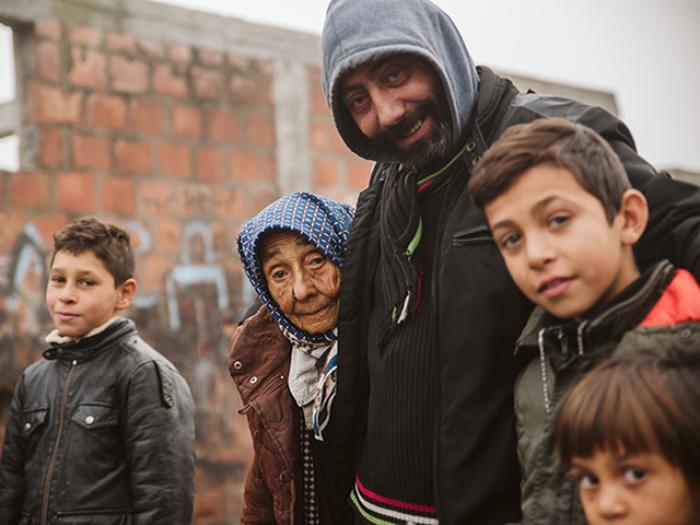Press release – COVID-19: Stopping the rise in domestic violence during lockdown

Both globally and in some EU countries, it has been reported that cases of domestic violence rose by a third in the week after lockdown was put in place. Women in violent relationships are stuck at home and exposed to their abuser for longer periods of time. This makes it very difficult for them to call helplines, as the perpetrator is always around.
Reacting to this situation, Evelyn Regner (S&D, AT), Chair of the EP Committee on Women’s Rights and Gender Equality, declared: ‘‘These days and the weeks ahead are especially dangerous for women. We are all facing major psychological challenges through isolation or quarantine, but women and sometimes children in unsafe homes are facing a particularly gruelling stress test. We, therefore, must now pay particular attention to this issue and expand our actions to stop violence against women.’’
“We won’t leave Europe’s women alone”
‘‘I urge all EU member states to tackle this problem with determination and to communicate actively where and how those affected can get help. This must also include simple ways to contact and to alert the police, such as text messages or online chats, and the use of code words with doctors or pharmacists. In addition, more places in violence protection facilities and women’s shelters must be made available. Wherever possible, the EU must support member states’ measures financially and by helping them to communicate about these measures’’, she added.
‘‘The COVID-19 pandemic starkly highlights gender inequality in all its shapes and forms. As OECD figures show, 70% of the health care workforce are women, a large part of unpaid care work is done by women and the upcoming economic crisis will hit women much harder. It is our job to sustainably strengthen the physical and mental health of women and their economic independence, beyond the COVID-19 crisis. We will certainly not leave Europe’s women alone”, she concluded.

